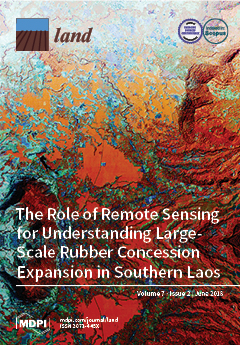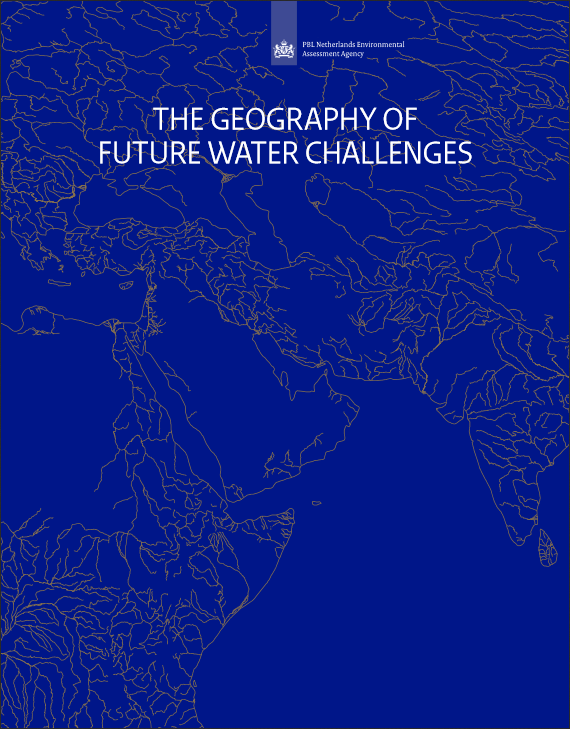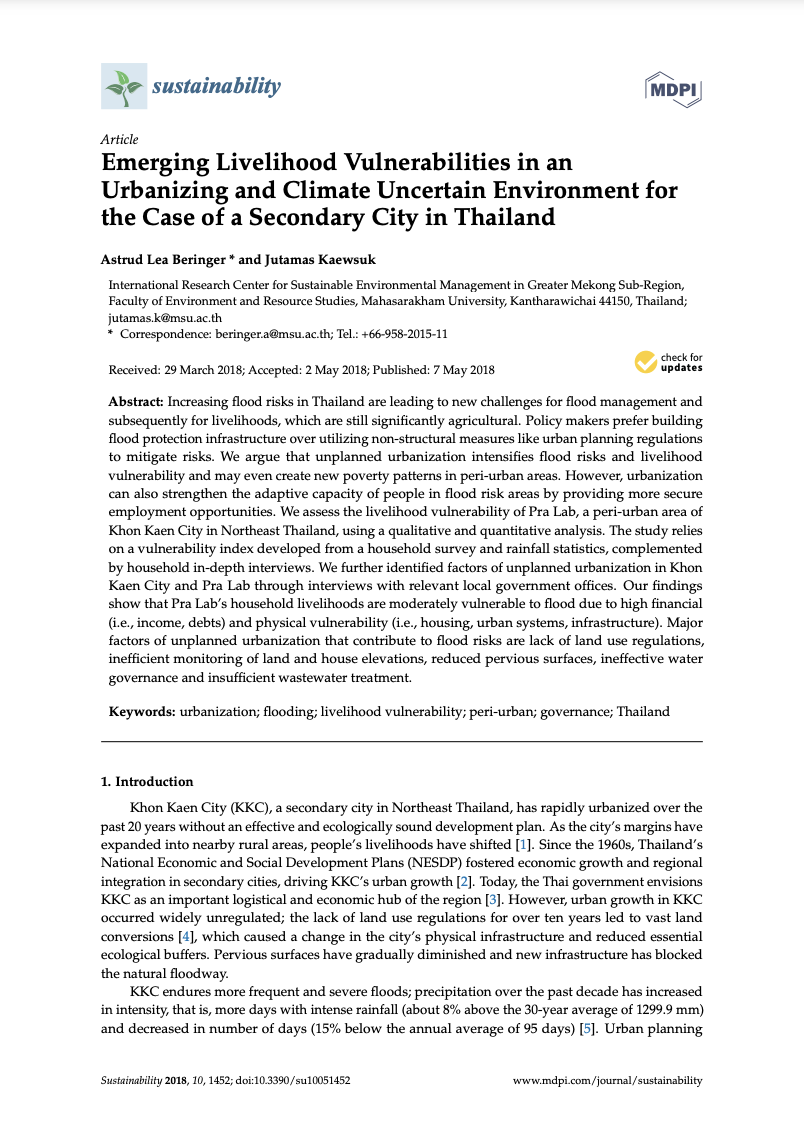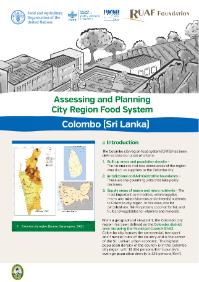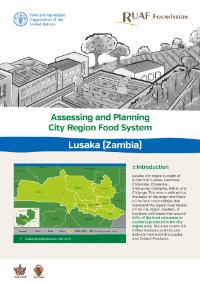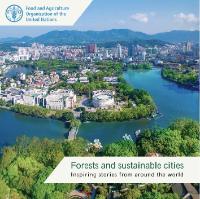Shifting Centres: Site Location and Resource Procurement on the North Coast of Cyprus over the Longue Durée of the Prehistoric Bronze Age
This paper examines the relationship between site location, resource procurement, and political economy in the context of three localised centres of settlement—Vasilia, Vounous, and Lapithos—which succeeded each other in the narrow, naturally bounded north coastal strip of Cyprus during the approximately 750 years of the Early and Middle Bronze Age (ca. 2450–1700 BC). Cyprus is home to abundant copper sulphide ores and was linked to the international metal trade in the first phase of the Early Bronze Age and again in the Middle Bronze Age.

